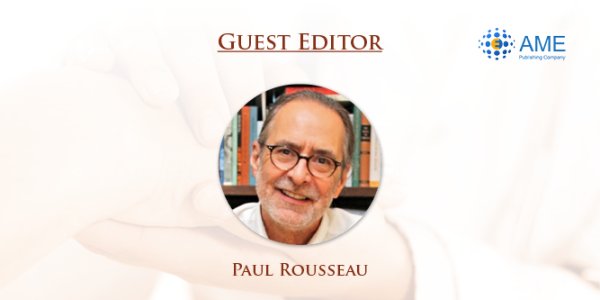
This series on The Human Experience was guest edited by Dr. Paul Rousseau, from Palliative Care, Charleston, SC, USA.
Introduction of the special series:
This series offered a platform for sharing the personal stories (specifically stories about patient-clinician interactions) and clinical experiences of physicians, nurses, and other healthcare providers, as well as those of patients and their families. As Rita Charon noted (1), the effective practice of medicine requires narrative competence—the ability to acknowledge, absorb, interpret, and act on the stories and plights of others. One of the methods utilized to foster narrative competence is reflective writing, a practice that not only promotes a more humane approach to medical practice, but also bolsters resilience, empathy, self-awareness, and an increased sense of well-being.
For this feature, APM welcomed previously unpublished personal essays, 1500 words or less, with up to three references and maximally two authors (both should have been actively involved in the experience that shared in the story). The essays must disguise or protect patient and family identities, or permission to publish must be obtained from them prior to publication.
1. Charon R. JAMA. Narrative medicine. A model for empathy, reflection, profession, and trust. 2001; 286 (15): 1897-1902.
You never get used to loss
Dying: a lively subject
Alone in a storm
Building a legacy of hope
In my hands, a glimpse of war
The nutrition our patients need
Manoranjitham and her father—a heart-rending palliative care story
"When life and death arise, simultaneously, during a pandemic...", “Half nurse, half family member in palliative care”
Spirituality should not be overlooked
It simply makes sense
As hard as it was for us, it was harder for him
Disclosure:
The series “The Human Experience” was commissioned by the editorial office, Annals of Palliative Medicine without any funding or sponsorship. Paul Rousseau served as the unpaid Guest Editor for the series.
